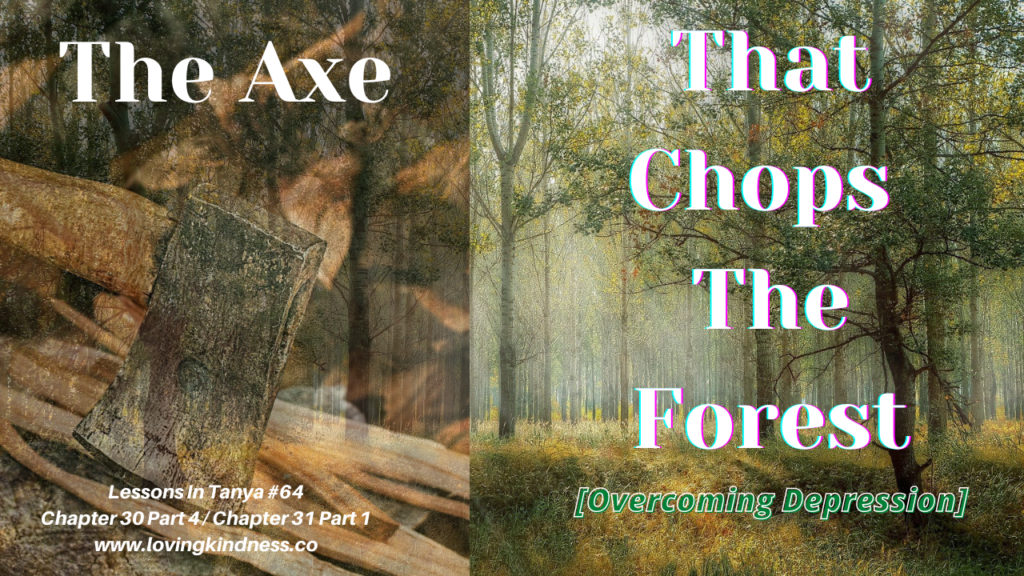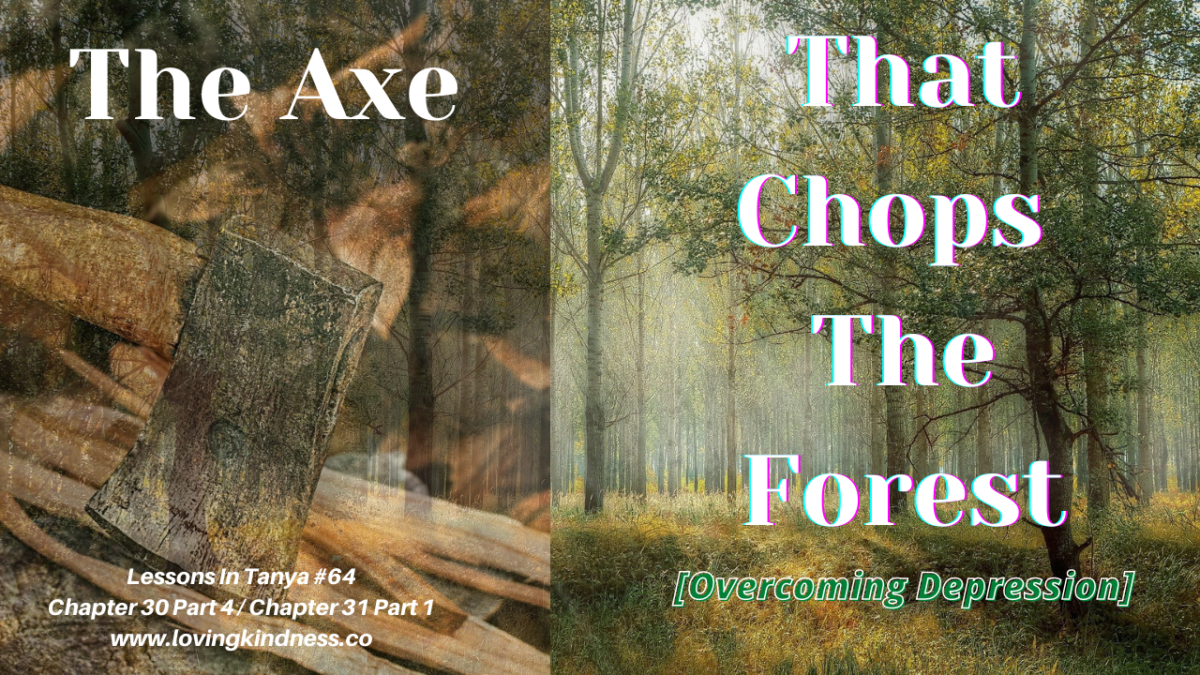
We conclude Chapter 30 in our Lessons In Tanya series. The Alter Rebbe brings us to his main point, having dealt with the issue of Timtum HaLeiv (a dullness of the heart) in the previous couple of chapters.
His theme in Chapter 30 had been to work on our humility vis-à-vis other people. In other words, it is not whether others are “the least of the least” – because after all, how can we know what makes others the way they are and how they deal with the tests given to them? On the contrary, perhaps they are not even liable for their behaviour (having to deal with matters of a lowly nature and themselves not having enough knowledge to know how best to deal with things).
But what does count is when the person themselves feels that perhaps they may be superior to the other. It is this that holds them back from allowing the Godly light to shine through them. It is their arrogance. After all, if indeed they are so great, have they considered that they are serving God as they should? What of their intention in prayer, their distribution of charity etc. Do they do what they should as is fitting for a person so apparently close to God? If not, it is the looking at oneself that goes way over the importance of imagining the lesser quality of the other.
The greater the person one is, the more one has to work on oneself. The greater one is, the more responsible one is to to even more of the right things. Therefore, if one does indeed feel oneself above others, it will be this that holds him back from revealing the Godly light that can shine through one — simply because one does not realise that his potential is actually holding him back from being the great person he should be!
We move on to Chapter 31.
The Alter Rebbe moves into the theme of depression. As a result of all the working on oneself that one does, and the crushing of oneself, one is liable to fall into a bigger problem – depression! After analysing oneself correctly, one can imagine that perhaps one is not worth anything at all. This can even lead one to give up on everything.
Of course, the Torah doesn’t want or demand from us to fall into depression. The Torah wants us to be filled with happiness in our service to God. If so, we will have to find a way to turn it all around for the good! It is this idea that the Alter Rebbe begins to make elaborate upon.
Ironically, the Alter Rebbe is going to teach us that the very tool of the evil inclination – depression – will become the very tool we will use against the evil inclination in becoming happy so that everything we have been working on in improving ourselves will turn into good.


